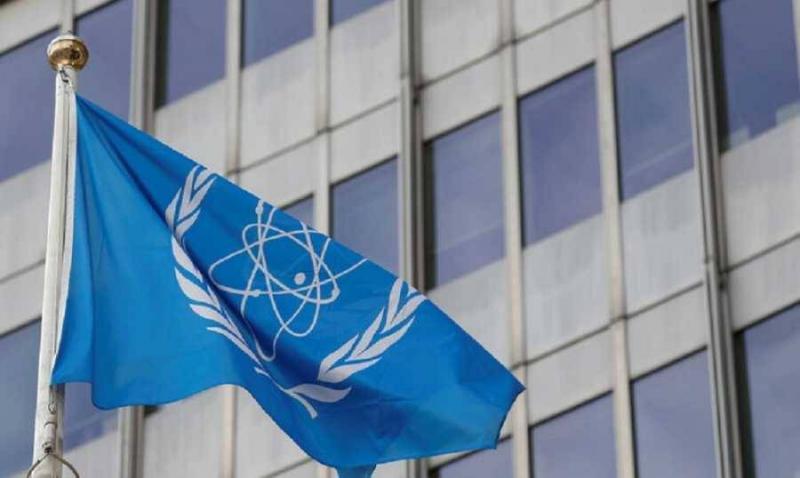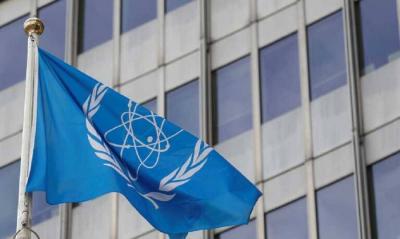The Director General of the International Atomic Energy Agency (IAEA), Rafael Grossi, stated that Iran's nuclear program "is advancing rapidly" and that the agency's ability to monitor activities there is extremely limited. Iran began removing all surveillance equipment and cameras placed by the agency under the 2015 nuclear agreement with world powers in June.
Grossi said at that time that this could be a "fatal blow" to the chances of resurrecting the agreement, from which the United States withdrew in 2018. In an interview published on Friday with the Spanish newspaper El País, Grossi remarked, "The bottom line is that for nearly five weeks, I had only a very limited ability to monitor while the nuclear program is advancing quickly. Therefore, if an agreement is reached, it will be extremely difficult for me to restore matters to normal under all that period of enforced blindness."
Grossi, who is visiting Madrid, said that restoring normalcy and filling in the gaps in missing and incomplete areas due to the agency's lack of oversight is "not impossible... but it will require an extremely complex mission and possibly some specific agreements."
Grossi stated in June that there was only a window of three to four weeks to regain at least some of the monitoring that was canceled before the IAEA lost the ability to assess Iran's crucial nuclear activities. Since the withdrawal of former U.S. President Donald Trump from the agreement and the re-imposition of sanctions on Tehran in 2018, Iran has breached numerous restrictions imposed by the deal on its nuclear activities. It is advancing uranium enrichment close to weapons-grade levels. Western powers warn that Iran is nearing the capability to accelerate toward making a nuclear bomb, a claim that Iran denies altogether. Indirect talks between Iran and the United States regarding the revival of the 2015 agreement have stalled since March. Grossi expressed concern about the weeks during which monitoring was absent, adding, "The agency needs to rebuild a database; without it, any agreement will be based on a very fragile foundation because if we do not know what is there, how can we determine the quantity of materials we are exporting and the number of centrifuges we will leave unused?"




